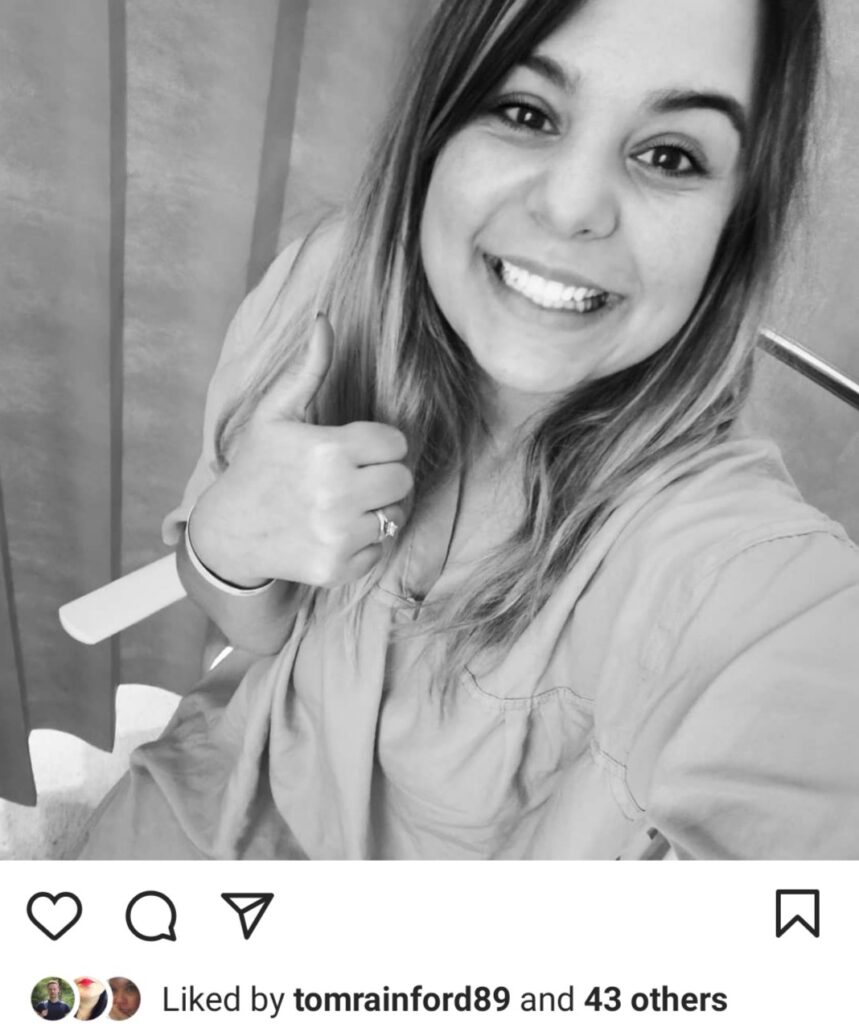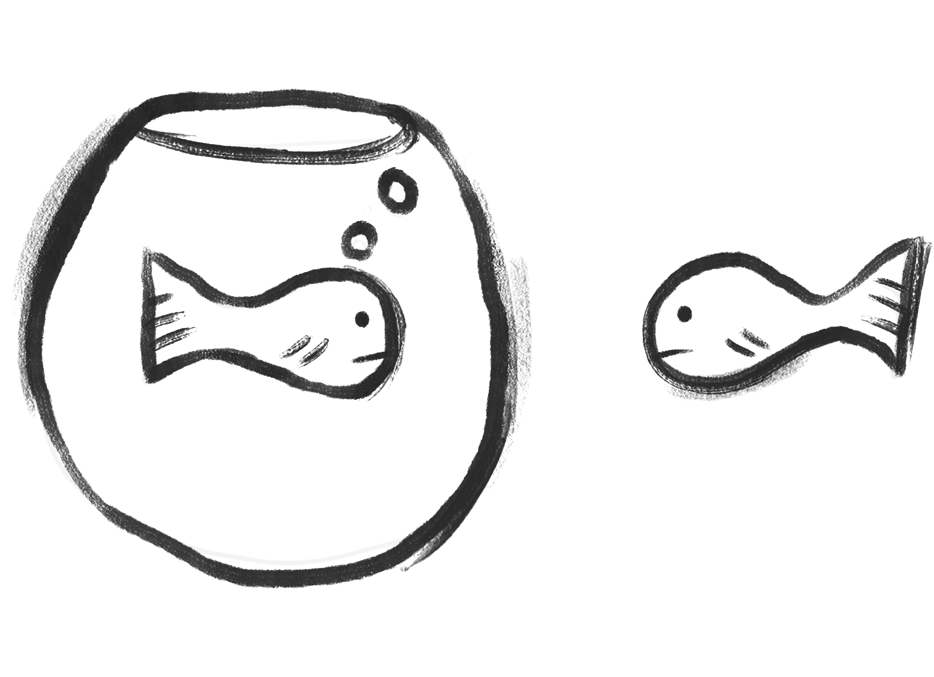Trigger warning: graphic injury.
I’ve typed and deleted the first sentence for 20 minutes. The 2 starting options to this post were as follows:
1. In January I hemorrhaged in the toilets at work.
2. In January, I had gone to the toilet at work when an old wound (from when I was sexually abused when I was younger) split. Blood poured into the toilet and, as I stood to try get help, it covered the floor.
It’s always difficult to know how much to say. Number 2 is harder to read and it’s definitely much harder to write, but it’s honest and true. So, today that’s where we’ll begin.
I collapsed from the pain and fell to the floor of the cubicle. Luckily, I had my mobile with me so I rang the office and told them I needed first aid. The ambulance arrived quickly and I was given morphine and entinox before being taken to the nearest hospital. I had surgery the next day. The day after that I was allowed to continue recovering at home.
It was a few days later that I decided to post a photo from hospital on Instagram and give a little detail around what had happened. I wanted to be honest. I didn’t want to paint the picture that survivor’s recoveries and journey’s are a straight line. For me, it’s really not. I have some massive highs and lows on my journey and I wanted anyone following me to know that’s ok. I had a few followers from work too and I felt that maybe that would answer any gossip as to what had happened and why an ambulance had turned up.

Going back to work was strange. My boss and friends now knew vaguely what had happened and in my sickness review meeting, I explained some of the history to my boss. They were all very supportive and offered help carrying my laptop to and from the car and getting me brews from the kitchen. With colleagues who didn’t know what had happened, everything felt awkward.
I used a walking stick for the first few weeks back just to help with my stability and also to highlight my injury so people didn’t bump into me in the kitchen. The trouble was, it did just that. Everyone asked (out of kindness and caring) how I was, what I’d done, when I was going to be better. I tried to brush most questions off with, “oh nearly there”, “yeah much better now, glad to be back at work”. But the more direct questions were hard to answer. Do I turn around to a colleague making a coffee and say, “well, when I was younger an older man raped me at least once a day for 9 months and it got more violent each time. He used all kinds of things like keys, car cigarette lighters and one time he raped me with a knife. About every 12 months or so the wounds tear and I need emergency surgery… Would you like the milk?
Of course, I’m never going to reply to someone like that.
But, lying about what happened makes me feel like I am betraying what I believe – that survivors should talk about what happened to them. We need to talk about it so we can support victims. My abuser told me things would get worse if I told anyone so I kept quiet for 6 years. The abuse got worse even though I never told anyone. When I did, I took the power back. He can’t come anywhere near me now.
Lying makes me feel like I’m protecting that person from hearing something that could upset them. It feels frustrating that what happened to me was huge and so much bigger than just hearing something sad, but yet that’s what I’m worrying about. I don’t want to say something that is going to shock them or – god forbid – make a situation awkward.
A coping mechanism I have adopted is “my sentence”. I use this whenever I have to tell someone my story and it’s usually something like, “I was violently and repeatedly raped when I was 14”. It’s blunt. It is emotionless. It’s like reading it in a newspaper. But recently, I have been making a conscious effort to be more real with my words.
Even answering with the pre-packaged “sentence” feels false and doesn’t even nearly encompass the violence I suffered or what my body has gone through in the years following. It’s a sticking point for me in this part of my recovery – being torn between screaming from the rooftops what has happened, asking for help myself and asking for help for others, and knowing that that just isn’t achievable in every day life. This is one of the reasons I started PTSD, Kiki and Me.
A few weeks after I got home from hospital, my husband and I hosted a games night at our home. I messaged the group and asked them to bring pyjamas/comfy clothes so I wouldn’t have to make much effort. That night not one of my friends asked how I was. They didn’t ask about the surgery, about the recovery or about how my workplace had been with it all.
In those moments I feel so separate from everyone, as if I’m looking in through the window at them. It feels so isolating and lonely. Such a massive part of who you are is taboo and hidden from the people you love.

It is not that my friends didn’t care. My friends love me deeply and I know that. It is that sexual abuse is difficult to talk about. It is easier for them to ask my husband about his broken leg from a car accident than it is to ask me about the abuse I suffered. It wasn’t on purpose, it isn’t intimate.
At this stage in my recovery, for you it might take less time or it might be longer, but for me I’m tired of hiding a huge part of my life. I am on a journey of healing and I need my loved ones to come along with me. I want their support on the bad days and their celebration and pride on the good.
If you are reading this as a friend, relative, colleague, or teacher, and you want to know how to talk to a survivor, it’s simple – ask questions. My husband once told me he didn’t want to bring up the topic if I hadn’t first, because he didn’t want to upset me. Unfortunately, I think about it pretty much every hour of every day. It’s likely, if you’re thinking about it, I am too. Ask if we’re ok. Ask if we want to talk more. Ask if you can do anything to help. Ask if we want a hug.
And, if you’re a survivor, know that I am here to listen.
Other UK resources available to listen
Victim Support : 0845 30 30 900 : victimsupport.org.uk
RASAC (Rape and Sexual Abuse Support Centre) : 0808 802 9999 (12-2.30 & 7-9.30) rasasc.bizview.co.uk
The Survivors Trust : 0808 801 0818 thesurvivorstrust.org

Wow what an amazing lady you are Victoria 💞 keep talking and telling your story! 😘😘
Thank you so much Paula!
Your Amazing Victoria ❤️ . I’m always here if you ever need anyone to talk to xx
Thank you Fran 😊
You are the most beautiful person I know, and I’m so proud of your bravery lots of love Chrissy
Thank you Chrissy 🤗
I remember that day very well in the office and couldn’t get over how well you handled everything. It was heartbreaking to see you suffer like that but I’m so pleased you are recovering and doing this blog. Drawing much need attention to what has happened to you and other people, by your bravery and honesty you are making a difference xx
Thank you Nic, I couldn’t have got through that day without you! I just hope I didn’t say anything too ridiculous after the paramedics doesed me up! x x
I can’t imagine how hard this whole journey has been for you, but it’s so very inspiring that you have spoke up and written about it.
I believe this blog will help many people take control of their lives – just like you have, and know they’re not alone ❤️
Thank you Em. I hope so x
Wow girl! This big breaks my heart at the same time lifts my soul! You always presented yourself so beautifully… no one would ever have know what you had been through! So brave, so beautiful and so strong xxx
Thank you so much Pam x
You are the most beautiful loving truthful little fighter I have ever had the pleasure to meet .. love mumma T ❤
Thank you so much x x